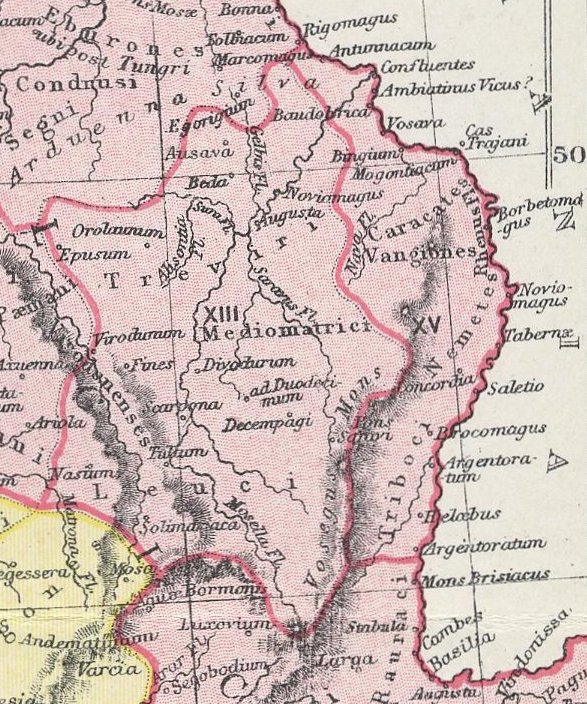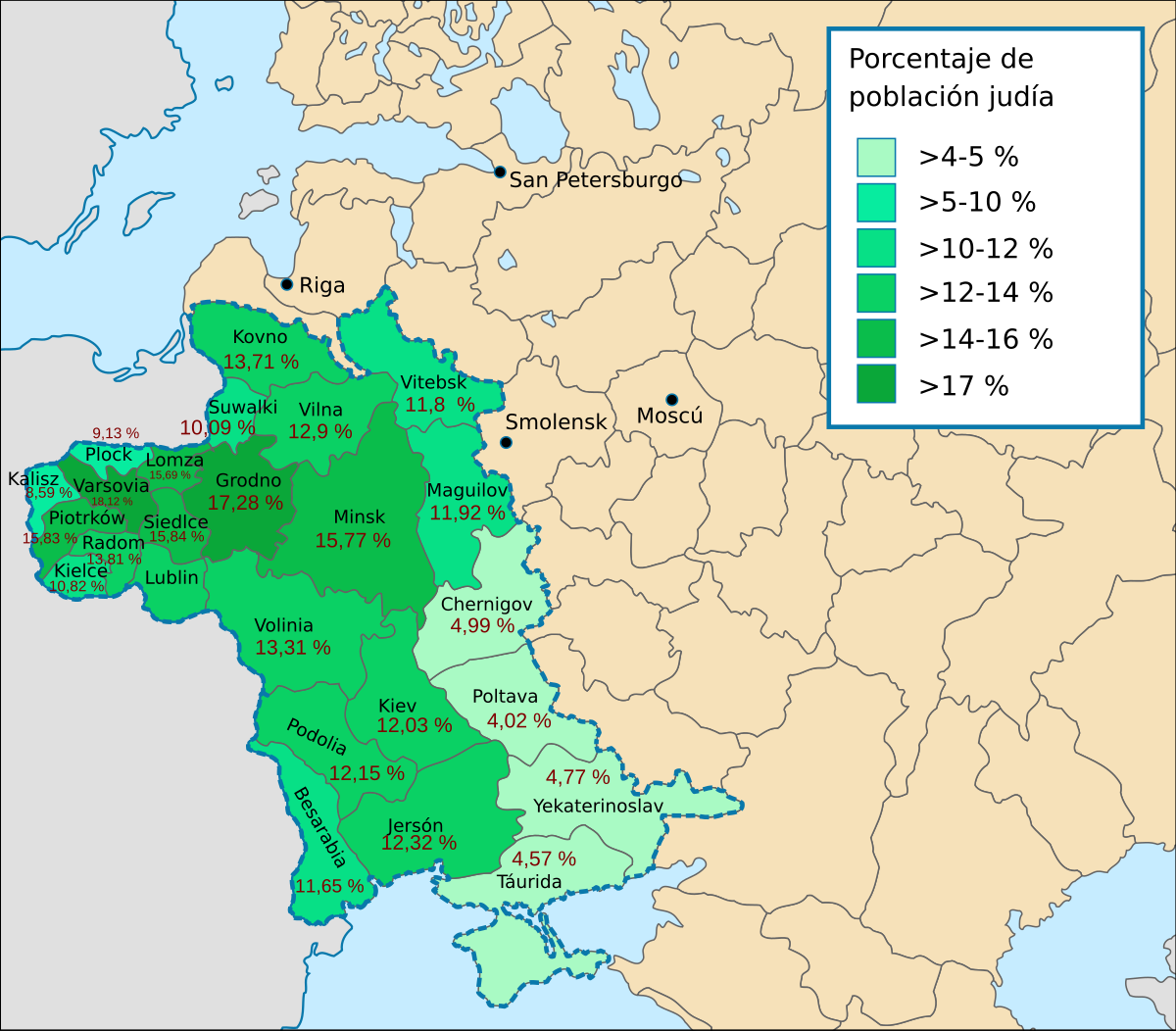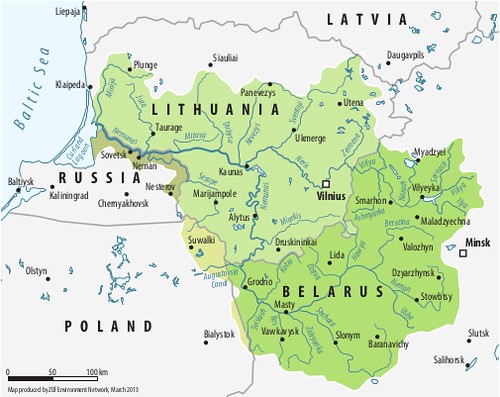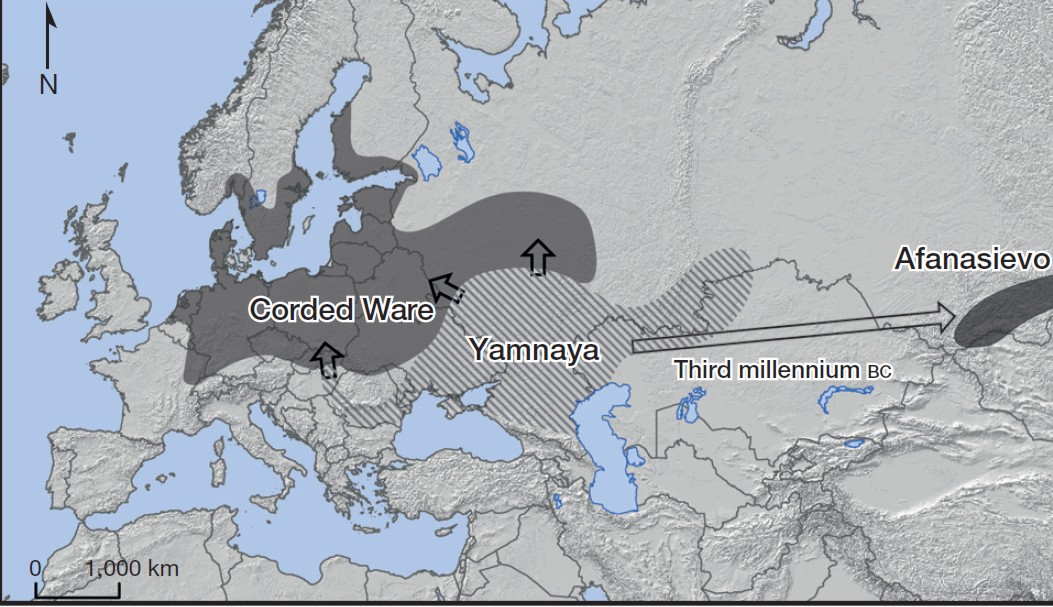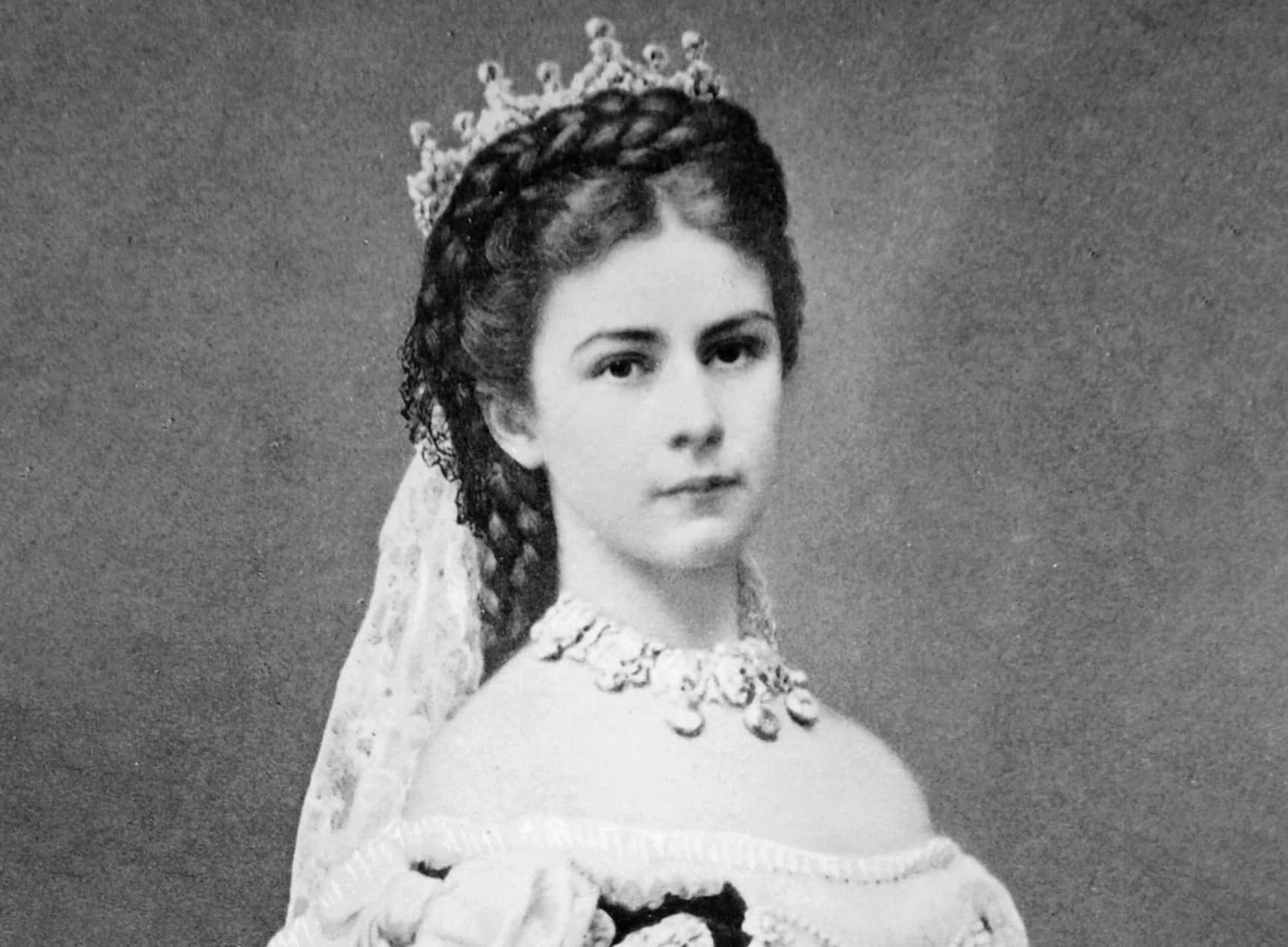ESay
Gold Member
- Mar 14, 2015
- 10,874
- 2,530
- 140
Not sure what you are talking about. The Lithuanian Republic existed since 1918. Though, it may well be that Poland annexed some part of it.No. I alredy guessed right. During the civil war, a Lithuanian-Belarusian Soviet republic was formed there, but then Poland took it.
